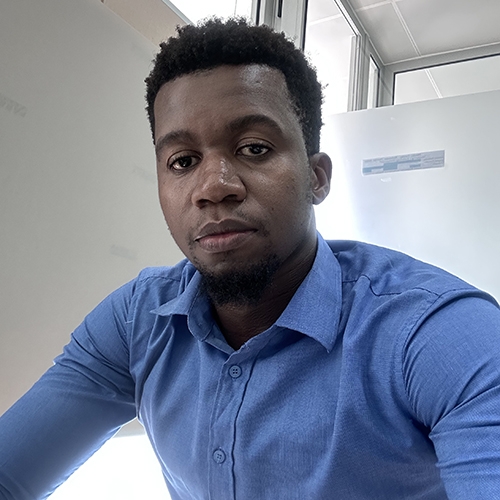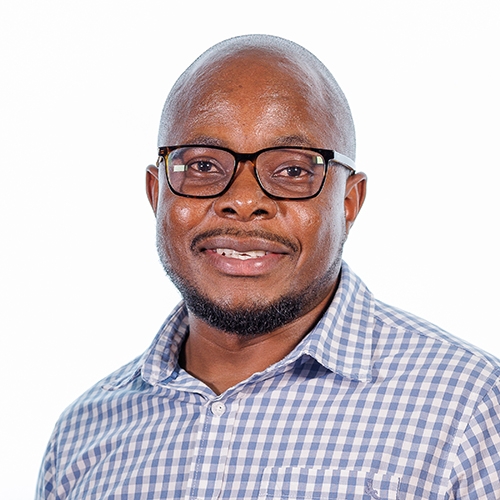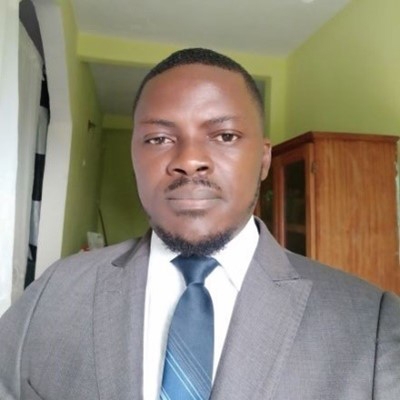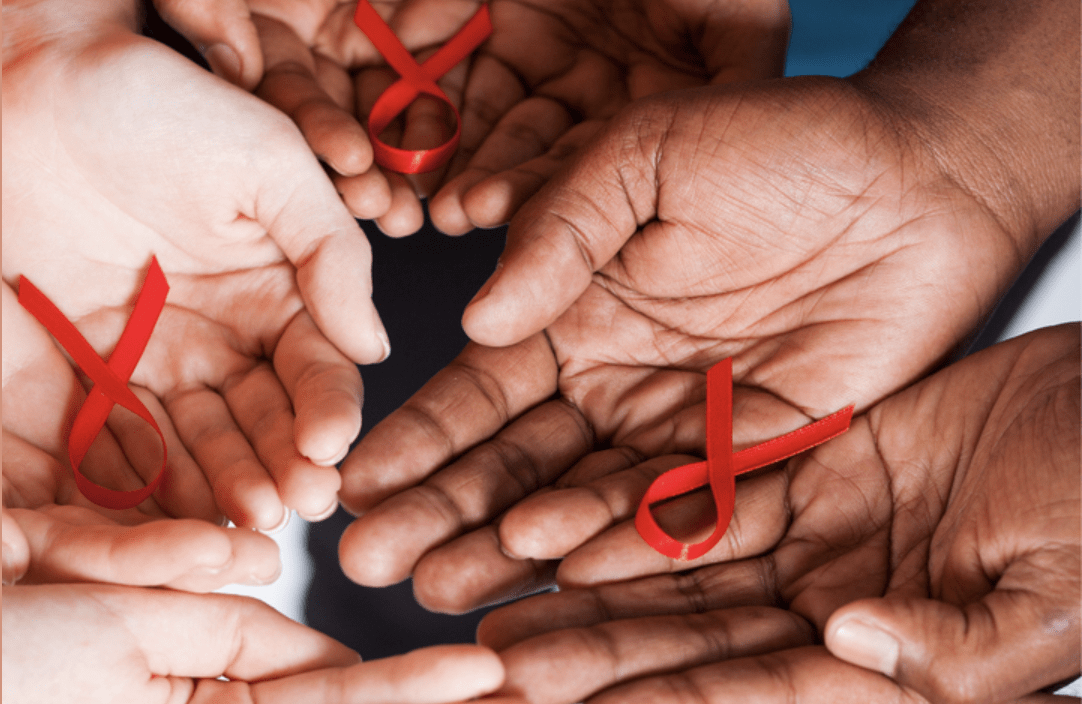
“IF YOU want to go fast, go alone. If you want to go far, go together.” This well-known African proverb highlights the universal and timeless truth that we are simply better together. With almost 8 billion people in the world, each with unique skills, traits, interests, contacts and resources, it’s only logical that combining these will enable us to achieve more. And the bigger the goal or the obstacle, the bigger the benefit of collaboration. With a global challenge such as ending HIV/Aids for good, working together is crucial.
The “Master your master’s” workshop presented by the Africa Centre for HIV/Aids Management to MPhil students in mid-April was an excellent example of how sharing and discussing knowledge can encourage individuals, spark ideas and create opportunities to collaborate, ultimately changing the trajectory of the HIV/Aids pandemic. The week-long workshop featured a host of expert guest speakers, academics and students who presented and discussed recent developments, topics, challenges and goals in the world of HIV and Aids and also focused on generating quality research.
Persistent inequalities demand a tailored approach
South Africa’s country director for UNAIDS, Eva Kiwango, was the keynote speaker, giving students access to the ultimate international authority on HIV and Aids. She offered an insightful look into the true state of the pandemic by looking at the granular numbers, emphasising that the seemingly impressive reduction in key statistics like the number of new infections masks the reality that progress is not on track with global targets.
Kiwango showed how inequality is at the heart of the problem. The vulnerability of women, insufficient support for children, the criminalisation of specific populations (e.g. sex workers, gay men and transgender women) and funding gaps are all ways in which this inequality is realised. “We need to understand who is left behind and why,” she said. “We must put people at the centre, which is why community-based organisations are becoming critical.”
Alignment among role players bode well for future efforts
Themes of problematic inequalities and the importance of community intervention surfaced throughout the week – a good indication that the current generation of HIV/Aids advocates are aligned and well-positioned to combine and, as a result, enhance their efforts.
In her presentation on decolonising global health, Dr Catherine Kyobutungi (executive director of the African Population and Health Research Center in Kenya) highlighted how inherent inequalities in the global health system are hampering progress in ending the HIV/Aids pandemic. According to Dr Chioma Ohajunwa, a lecturer at the Africa Centre, this session provided valuable insights into the unique positioning of the continent within global health discourses: “We need to become more competent at proactively solving problems in the healthcare sphere, and not just be consumers, while taking note of the unique entrenched challenges we face.”
A session on the challenges, opportunities and progress towards global HIV/Aids goals in Africa presented by two of the centre’s students (Chambalson Chambal and Mekolle Julius Enongene) reflected a similar sentiment. While there has been progress – for example, a 43% reduction in new HIV infections in West and Central Africa between 2010 and 2021 – the continent’s structural and socioeconomic challenges compared to other parts of the globe as well as internal inequalities remain an obstacle. These include punitive laws that sabotage certain groups’ rights to access HIV and other health services, as well as decreased spending on HIV/Aids programmes.
The importance of community-led monitoring (CLM) came to the fore in a presentation on pandemic preparedness and improved primary healthcare by Russell Rensburg (director of the Rural Health Advocacy Project) and Ngqabutho Mpofu (advocacy and communication manager of the Treatment Action Campaign). With health progress in South Africa’s rural districts lagging progress in urban districts (once again pointing to inequalities), CLM is the key to improved governance, as it enables the collection of quality data at community level. This enables targeted solutions, which link back to Kiwango’s emphasis on the necessity of a tailored approach.
Optimising research outputs as the catalyst for change
To help students explore their research topics and document their findings in the best way possible, the MPhil workshop included sessions on different research methods, the role of ethics in quality research and an in-depth look at how to construct a research report. Choosing the right research method is critical to optimising research output: “While this was a good introduction, the students will still need a better understanding of the different research methods and how to align it with their research question and objectives as they continue,” said Vera Ngah, a junior lecturer at the centre.
With the rapid rise of AI tools like ChatGPT, students also had the opportunity to learn more about how to use them responsibly and ethically in the context of academic writing. Considering global concerns about the impact of AI on student assignments, Dr Kudzayi Tarisayi of the Department of Curriculum Studies emphasised the importance of treating ChatGPT as a tool rather than an authority: “It’s still up to the user to interpret and evaluate the information that is generated.”
Even though the workshop was presented virtually as part of the Africa Centre’s blended learning methodology, there was a high level of engagement and interaction between speakers, students and staff through the week. According to interim director Dr Munya Saruchera, this energy can mean only good things for the impact the students will make in their respective fields: “This workshop is only the start of their journey and we are confident that the relationships and networks birthed over these few days will become the foundation of effective collaboration and substantial change in the world of HIV/Aids management.” After all, together we can achieve more.
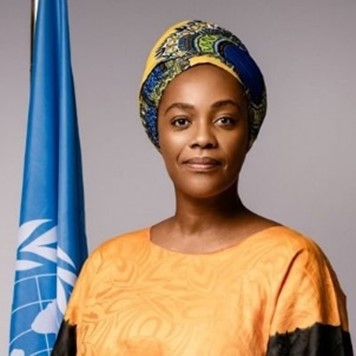

of the APHRC
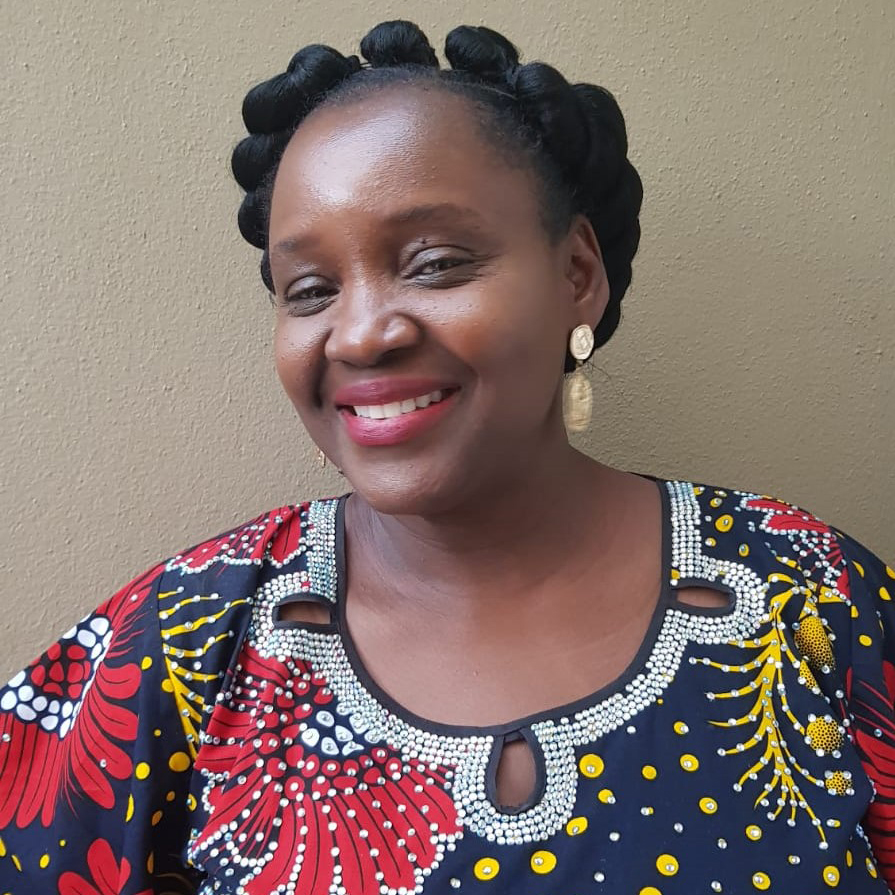
Dr Chioma Ohajunwa of the
Africa Centre
